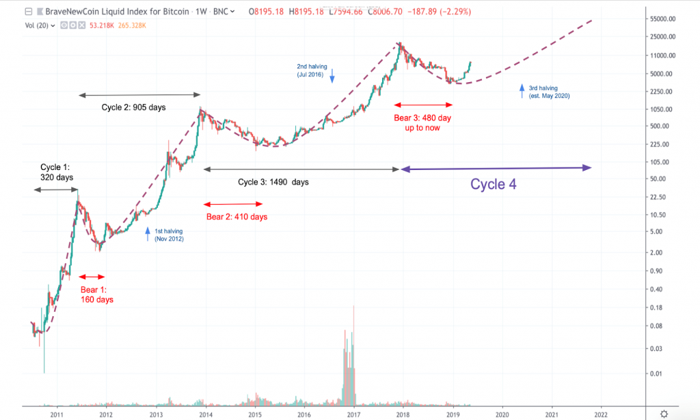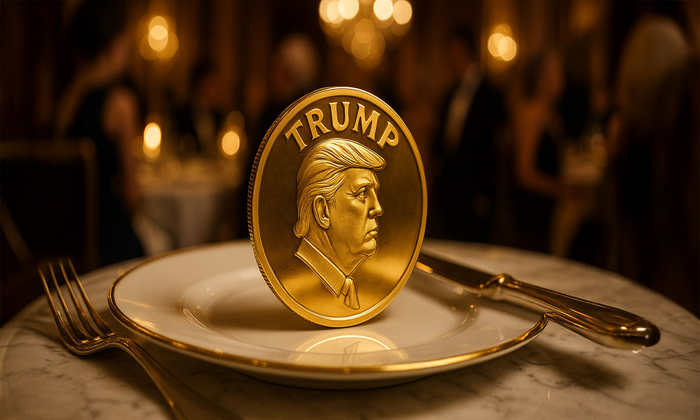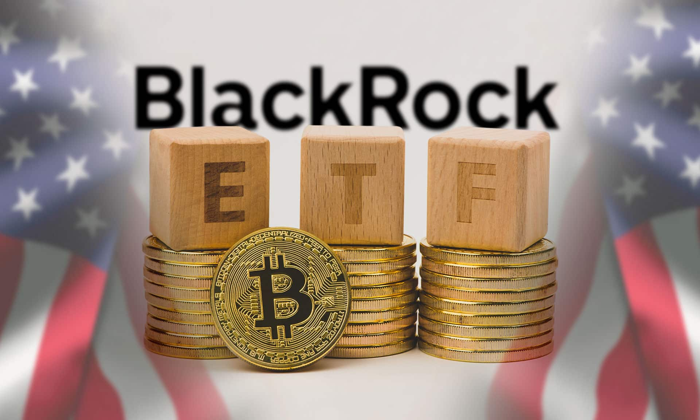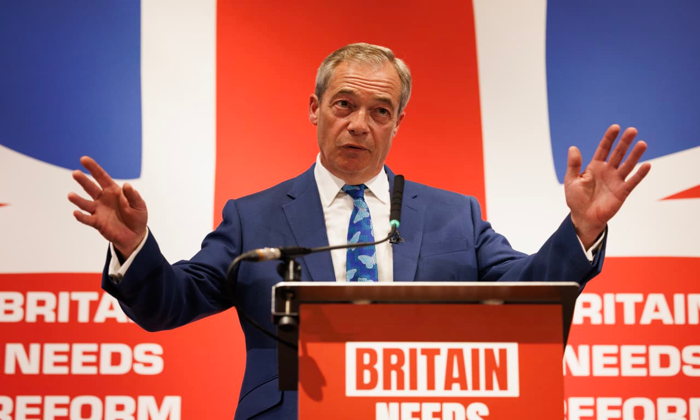El Salvador’s bitcoin holding has sparked significant debate in the financial world, especially as it dives deeper into the cryptocurrency realm. Under the leadership of President Nayib Bukele, the nation has embraced bitcoin as legal tender, making it the first country globally to do so. This bold move, however, has drawn the scrutiny of international organizations like the IMF, especially regarding loan conditions tied to bitcoin regulations. While the IMF has expressed concern about El Salvador’s accumulating BTC, Bukele continues to champion its potential, stating that the nation’s bitcoin purchases will not cease. As negotiations with the IMF proceed, the interplay between El Salvador’s bitcoin strategy and international financial oversight remains a focal point of interest for investors and economists alike.
The ongoing saga of bitcoin’s role in El Salvador’s economy has raised questions about the country’s digital currency strategy and its compliance with international monetary standards. With President Nayib Bukele at the helm, El Salvador’s commitment to cryptocurrency remains steadfast, despite external pressures from entities like the International Monetary Fund (IMF). The nation’s decision to adopt bitcoin as a legal currency has ushered in discussions about economic independence and the implications of digital asset accumulation. As the government navigates the complexities of IMF loan conditions related to bitcoin, observers are keenly watching how these dynamics will affect El Salvador’s financial future. Ultimately, the relationship between national policy, cryptocurrency and global financial institutions is evolving and presents a unique case study on the intersection of traditional finance and innovative digital solutions.
The Impact of IMF Regulations on El Salvador’s Bitcoin Holdings
The International Monetary Fund (IMF) has imposed significant restrictions on El Salvador’s handling of its bitcoin reserves, specifically aiming to prevent further accumulation of the cryptocurrency as a condition of its $3.5 billion loan package. By emphasizing compliance with these terms, the IMF sought not only to stabilize the Salvadoran economy but also to ease global concerns regarding the nation’s ongoing investment in bitcoin. The move was part of broader IMF bitcoin regulations designed to ensure economic stability within member states, which has sparked debate around the balance between national monetary policy and international oversight.
El Salvador’s bitcoin holdings, which amount to over 6,000 BTC, showcase a clear defiance of the IMF’s stipulations. President Nayib Bukele’s steadfast commitment to continue purchasing bitcoin, even amid financial scrutiny, raises questions about the effectiveness of international financial institutions when it comes to regulating crypto adoption. Furthermore, as El Salvador navigates the evolving landscape of digital currencies, the implications of the IMF loan conditions on bitcoin could alter the trajectory of the nation’s financial health and its global bitcoin acceptance.
Nayib Bukele’s Bitcoin Strategy: A Bold Approach
Nayib Bukele, the Puerto Rican-born president of El Salvador, has been a prominent and polarizing figure in the realm of cryptocurrency, particularly with his endorsement of bitcoin as legal tender. His administration’s bold strategy of adopting bitcoin has placed El Salvador at the forefront of a global crypto movement, even challenging traditional financial norms. The decision to continue acquiring bitcoin speaks volumes about Bukele’s conviction that cryptocurrency can enhance financial inclusion and drive economic growth, values that resonate deeply with a population accustomed to economic turbulence.
Despite the IMF’s efforts to regulate bitcoin holdings, Bukele’s optimistic stance suggests a belief in the long-term advantages of cryptocurrency for El Salvador’s economic landscape. The government’s increasing bitcoin reserves contradict the stipulated limits set by the IMF, reflecting a steadfast refusal to relinquish innovative financial opportunities. Bukele’s acumen in navigating these tumultuous waters illustrates the complexity of modern governance, where digital currencies intersect with international monetary policy.
Frequently Asked Questions
What is the significance of El Salvador’s bitcoin holdings in light of IMF conditions?
El Salvador’s bitcoin holdings are significant as they represent the country’s commitment to cryptocurrency, despite IMF conditions suggesting a stop to public sector accumulation. The IMF’s $3.5 billion loan agreement included stipulations regarding bitcoin, but the Salvadoran government, led by President Nayib Bukele, continues to increase its bitcoin holdings, indicating a strong push for legal tender status in El Salvador.
How do IMF loan conditions affect El Salvador’s bitcoin legal tender status?
IMF loan conditions have complicated El Salvador’s bitcoin legal tender status. The conditions imposed by the IMF include measures that challenge the mandatory acceptance of bitcoin by merchants. As of now, the IMF is focused on ensuring that El Salvador does not accumulate more bitcoin while still monitoring the performance of its loan program.
What are the current concerns from the IMF regarding El Salvador’s bitcoin accumulation?
The IMF has expressed concerns that El Salvador should not voluntarily accumulate more bitcoin to meet the terms of its loan agreement. Despite this, the country has continued to purchase bitcoin, which contradicts the IMF’s expectations and raises questions about the sustainability of this strategy under the original loan conditions.
What role does President Nayib Bukele play in El Salvador’s bitcoin strategy?
President Nayib Bukele is a pivotal figure in El Salvador’s bitcoin strategy, openly advocating for the continued purchase and investment in bitcoin. His strong stance suggests that El Salvador will maintain its bitcoin holdings despite international pressure and IMF conditions, illustrating a defiant approach to economic policy.
What implications does the IMF’s stance have for future bitcoin regulations in El Salvador?
The IMF’s stance could lead to stricter bitcoin regulations in El Salvador to comply with loan conditions. This may affect the future use of bitcoin as legal tender, as the IMF aims to prevent further accumulation of cryptocurrency, which could jeopardize fiscal stability and loan compliance.
How does El Salvador’s bitcoin holding strategy reflect on global cryptocurrency trends?
El Salvador’s bitcoin holding strategy showcases a trend of increasing resistance to conventional fiscal policies. By actively accumulating bitcoin despite IMF advice, El Salvador is positioning itself as a leader in the cryptocurrency ecosystem, potentially influencing other nations to explore similar paths amid the evolving landscape of global finance.
| Key Point | Details |
|---|---|
| IMF Loan Agreement | El Salvador agreed to a $3.5 billion loan package with conditions regarding its bitcoin holdings. |
| Bitcoin Status | Bitcoin lost its status as legal tender in El Salvador, meaning merchants aren’t required to accept it. |
| Government Accumulation of Bitcoin | IMF stipulates prohibition on public sector’s voluntary accumulation of bitcoin. |
| Current Holdings | El Salvador’s total bitcoin holdings rose from 6,101.15 BTC to 6,189.18 BTC since the loan agreement. |
| President’s Stance | President Bukele has stated that the accumulation of bitcoin will continue despite IMF’s conditions. |
| IMF’s Response | The IMF affirmed strong program performance by El Salvador and did not directly address the contradiction in bitcoin purchases. |
Summary
El Salvador’s bitcoin holding situation is quite complex, as the country continues to increase its bitcoin reserves despite stipulations from the International Monetary Fund (IMF). While the IMF has expressed its intent to ensure El Salvador does not accumulate more bitcoin, President Nayib Bukele has made it clear that he plans to maintain and expand these holdings. This ongoing dynamic highlights El Salvador’s commitment to cryptocurrency amidst regulatory pressures and raises questions about the future relationship between the country and the IMF.
El Salvador is making waves in the cryptocurrency world with its substantial bitcoin holding, challenging traditional financial norms. Under the leadership of President Nayib Bukele, the country has embraced bitcoin as legal tender, despite facing scrutiny from international bodies like the International Monetary Fund (IMF). The IMF has imposed conditions tied to its $3.5 billion loan, raising questions about El Salvador’s bitcoin accumulation and its implications for the economy. Notably, the latest reports indicate that while the IMF aims to regulate El Salvador’s bitcoin policies, the country continues to increase its bitcoin reserves, defying some conditions set forth by the IMF. This ongoing situation underscores the delicate balance between national sovereignty and the stipulations of institutions like the IMF regarding bitcoin regulations.
The Central American nation of El Salvador has captured global attention with its bold investment strategy in digital currency, particularly its bitcoin stockpile. With the endorsement of President Bukele, El Salvador declared bitcoin as legal tender, which stirred both excitement and concern among international financial agencies. As part of a financial agreement with the IMF, there are stringent conditions concerning the country’s cryptocurrency practices, particularly around the limits of bitcoin holdings. Despite these challenges, El Salvador continues to augment its cryptocurrency assets, creating a dialogue about the impact of such decisions on the economic landscape. This predicament raises critical questions about the future of cryptocurrency in national economies and the role of international financial institutions in regulating digital assets.














